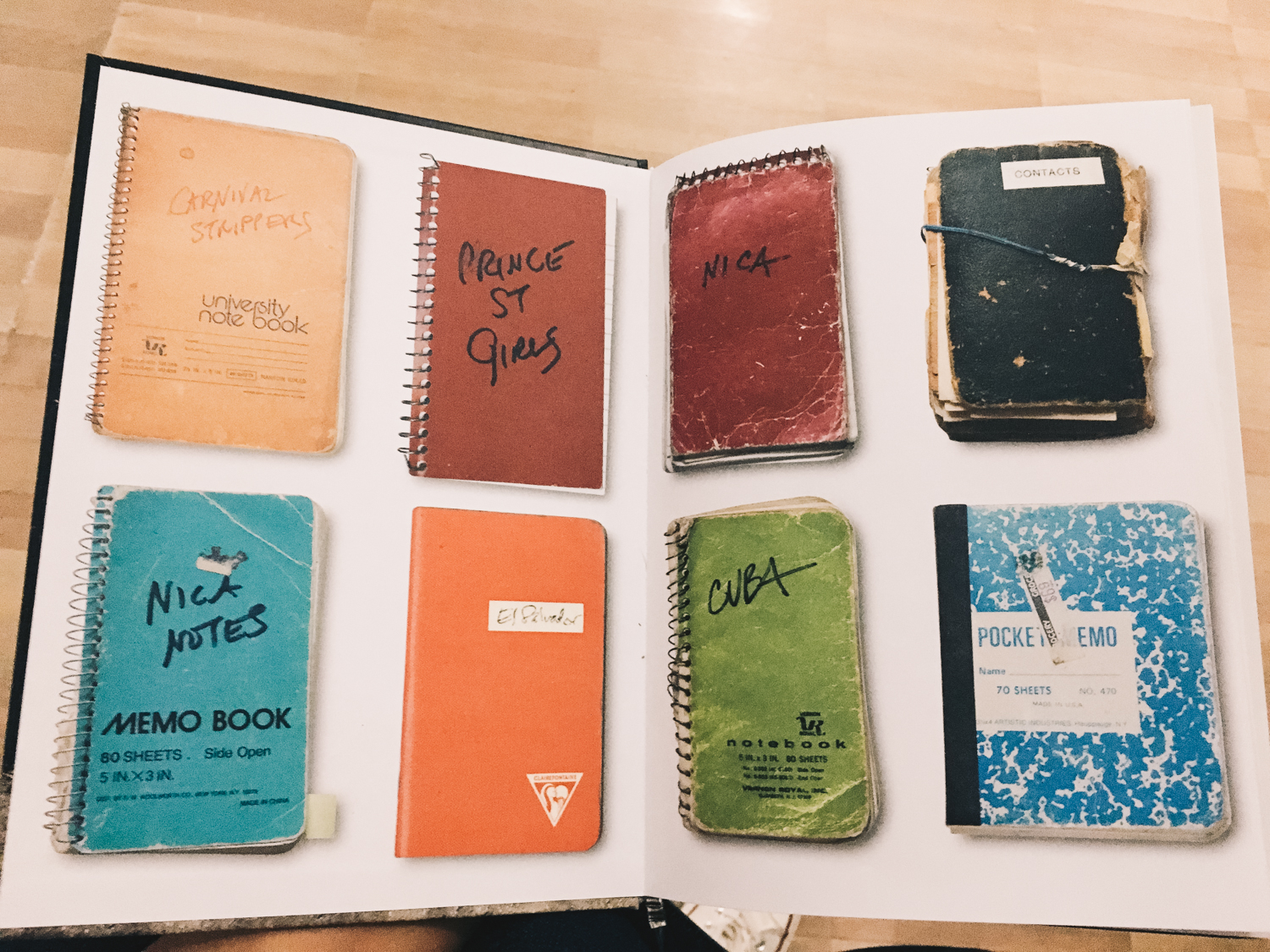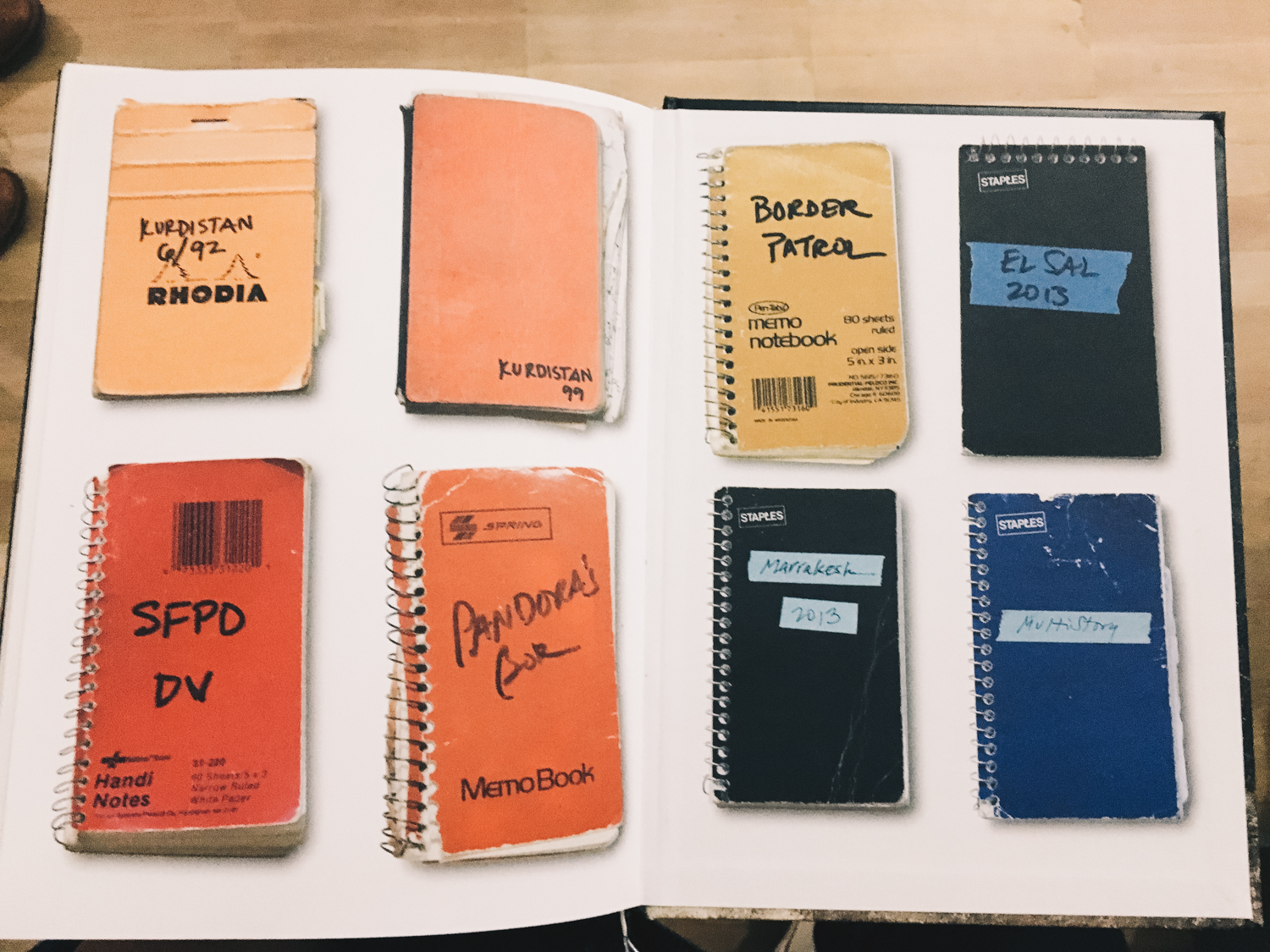do not forget your lineage, do not shrink, do not bend yourself, do not shift your tongue for anyone. whenever you forget who you are, remember the history you have inherited.
now, speak.
// ijeoma umebinyuo
do not forget your lineage, do not shrink, do not bend yourself, do not shift your tongue for anyone. whenever you forget who you are, remember the history you have inherited.
now, speak.
// ijeoma umebinyuo
« what have you ever traveled toward
more than your own safety? »
-excerpt from LUCILLE CLIFTON‘s
“four notes to clark kent: further note to clark”

oldie but a goodie
“it’s the anxiety that is your subject matter.
it’s the desire to make something authentic and new, and that insecurity surrounding authenticity that is the subject matter.”
– KEHINDE WILEY
on « Touré Show » episode – Kehinde Wiley: How To Make It In Art

a story i produced for visual reporter MALIN FEZEHAI is now online at THE NEW YORK TIMES. read about how during the last few decades henna ceremonies have regained popularity in israel’s yemenite jewish community, as an expression of pride in their heritage and traditions from yemen. “i am yemenite on both sides, and it’s a celebration of my wedding,” the bride, meyrav yehud, 24, said. “these are my roots.”
photos and words by MALIN FEZEHAI
so honored to work with malin on this article about the henna ceremonies of the yemeni communities in israel.
click here to read it all
‘as you are’ says the universe.
‘after…’ you answer.
‘as you are’ says the universe.
‘before…’ you answer.
‘as you are…’ says the universe.
‘how…’ you answer.
‘as you are.’ says the universe.
‘why…’ you answer.
‘because
you are happening now.
right now.
right at this moment
and
your happening
is beautiful.
the thing that both keeps me alive
and
brings me to my knees.
you don’t even know how breathtaking you
are.
as you are.’ says the universe through tears.
– NAYYIRAH WAHEED in “as you are | you are the prayer” in Nejma
home
by WARSAN SHIRE
“no one leaves home unless
home is the mouth of a shark
you only run for the border
when you see the whole city running as well
your neighbors running faster than you
breath bloody in their throats
the boy you went to school with
who kissed you dizzy behind the old tin factory
is holding a gun bigger than his body
you only leave home
when home won’t let you stay.
no one leaves home unless home chases you
fire under feet
hot blood in your belly
it’s not something you ever thought of doing
until the blade burnt threats into
your neck
and even then you carried the anthem under
your breath
only tearing up your passport in an airport toilets
sobbing as each mouthful of paper
made it clear that you wouldn’t be going back.
you have to understand,
that no one puts their children in a boat
unless the water is safer than the land
no one burns their palms
under trains
beneath carriages
no one spends days and nights in the stomach of a truck
feeding on newspaper unless the miles travelled
means something more than journey.
no one crawls under fences
no one wants to be beaten
pitied
no one chooses refugee camps
or strip searches where your
body is left aching
or prison,
because prison is safer
than a city of fire
and one prison guard
in the night
is better than a truckload
of men who look like your father
no one could take it
no one could stomach it
no one skin would be tough enough
the
go home blacks
refugees
dirty immigrants
asylum seekers
sucking our country dry
niggers with their hands out
they smell strange
savage
messed up their country and now they want
to mess ours up
how do the words
the dirty looks
roll off your backs
maybe because the blow is softer
than a limb torn off
or the words are more tender
than fourteen men between
your legs
or the insults are easier
to swallow
than rubble
than bone
than your child body
in pieces.
i want to go home,
but home is the mouth of a shark
home is the barrel of the gun
and no one would leave home
unless home chased you to the shore
unless home told you
to quicken your legs
leave your clothes behind
crawl through the desert
wade through the oceans
drown
save
be hunger
beg
forget pride
your survival is more important
no one leaves home until home is a sweaty voice in your ear
saying-
leave,
run away from me now
i dont know what i’ve become
but i know that anywhere
is safer than here”
serious life goals

the endsheets for SUSAN MEISELAS‘s “médiations” JEU DE PAUME exhibition catalog
“In spite of raving nationalism [1860-70s], these men felt, the true spirit of the times was l’esprit d’internationalité. The progress of humanity went from independence to interdependence, from patriotism to international solidarity. If ‘nationalism’ served kings and dynasties, ‘internationalism’ served peoples and democracy; if the first was the driving force of polarization, the other was the best incentive to co-operation. If the one meant war, the other meant peace, if the one barracks, the other wealth.”
– DR. ARTHUR EYFFINGER
